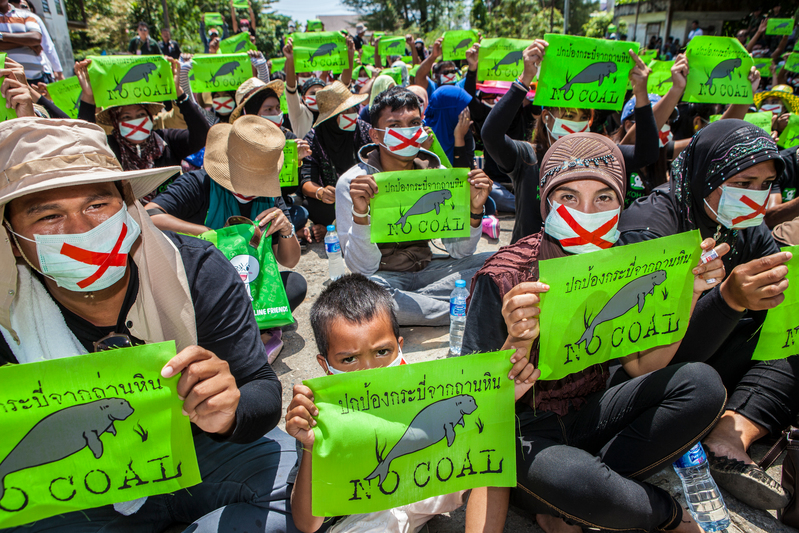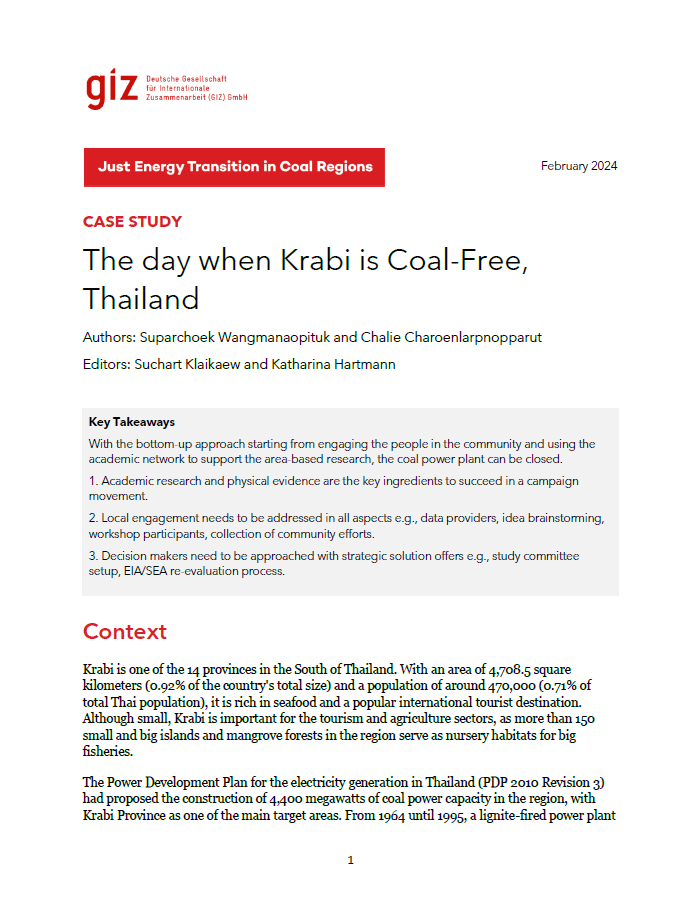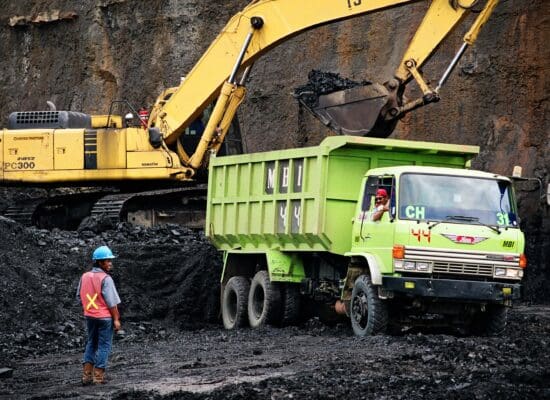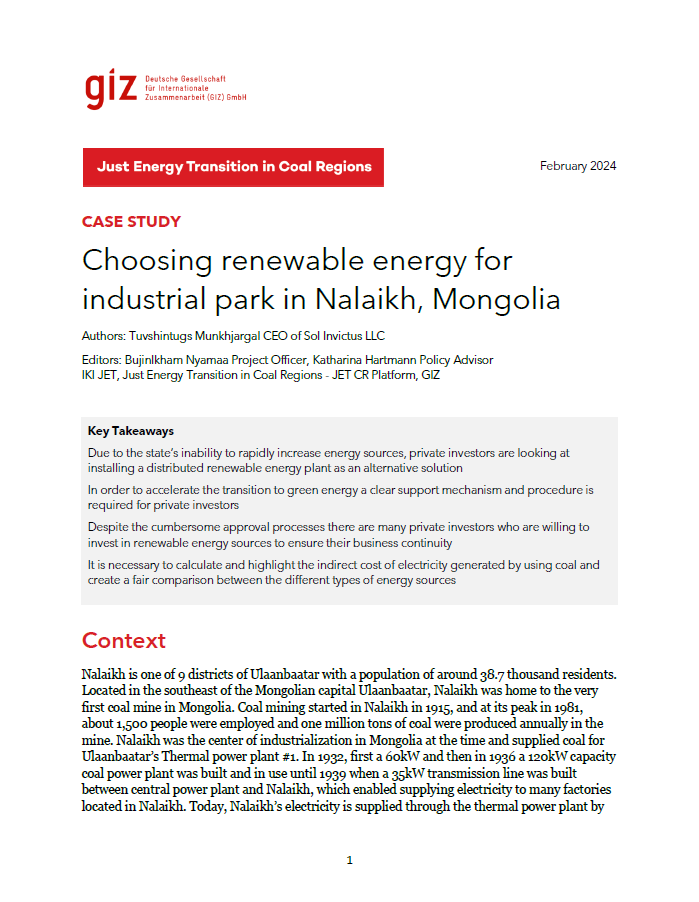Case Study
The Day Krabi Became Coal-Free, Thailand
This case study looks at how local stakeholders, including environmental activists and communities, played a crucial role in preventing the opening of a proposed coal-fired power plant in Krabi, Thailand.
Krabi, a hub for marine biodiversity and a key source of livelihood for its residents, relies heavily on fishing and tourism. A planned coal-fired power plant posed a significant risk to the environment, threatening both the community and the main sectors of the local economy. The successful prevention of the proposed plant was largely due to the active involvement and engagement of local stakeholders, including environmental activists and communities, who held a series of protests between 2016 and 2018.
The case study highlights Krabi’s potential to lead in renewable energy, setting an example for Thailand’s clean energy future. Key takeaways emphasise the importance of academic research, local engagement, and strategic solutions when campaigning against a coal-fired power plant, potentially leading to its closure.

Stay Informed and Engaged
Subscribe to the Just Energy Transition in Coal Regions Knowledge Hub Newsletter
Receive updates on just energy transition news, insights, knowledge, and events directly in your inbox.



